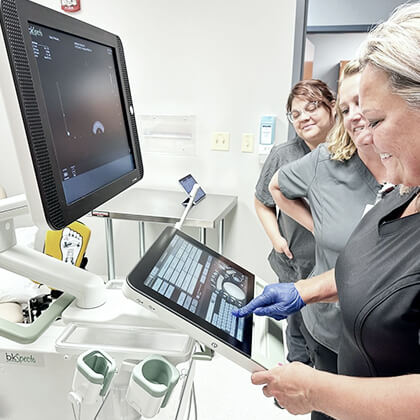
Who is Dr. Paul Russo?

Dr. Paul Russo is an esteemed alumnus of Columbia University College of Physicians and Surgeons. He underwent rigorous training in general surgery and urology at Washington University Medical Center in St. Louis. Following this, he completed a four-year research and clinical fellowship in urological oncology at Memorial Sloan Kettering Cancer Center under the mentorship of Dr. Willet Whitmore, after which he joined the attending staff. Currently, Dr. Russo holds the position of Professor of Urology at Weill Cornell School of Medicine and serves as an Attending Surgeon at Memorial Sloan Kettering Cancer Center. His primary clinical focus is on the treatment of both localized and advanced kidney cancer. Dr. Russo is a strong proponent of kidney-sparing techniques in the management of clinically localized kidney tumors. He leads a multidisciplinary research team dedicated to the study of kidney cancer at both the clinical and basic science levels.
Additionally, Dr. Russo has authored numerous influential publications in top-tier medical journals, significantly contributing to the field of urology. He frequently presents his findings at international conferences, sharing cutting-edge advancements and clinical practices. As a mentor, he dedicates considerable time to training the next generation of urologists through workshops and educational courses. Under his leadership, innovative diagnostic and therapeutic approaches for kidney cancer have been developed and widely recognized. His research aims to enhance patient quality of life and discover new, less invasive treatment methods. Dr. Russo collaborates with leading medical institutions worldwide, fostering the exchange of knowledge and expertise. His extensive contributions to medical science and practice have cemented his reputation as a leading expert in urology.
What is kidney cancer?
Kidney cancer is a type of cancer that originates in the cells of the kidneys, the organs responsible for filtering waste from the blood and producing urine. The most common type of kidney cancer in adults is renal cell carcinoma, which begins in the lining of the small tubes within the kidney. Risk factors for developing kidney cancer include smoking, obesity, high blood pressure, and a family history of the disease. Symptoms may include blood in the urine, persistent back or side pain, unexplained weight loss, and fatigue. In many cases, kidney cancer is detected incidentally during imaging tests for unrelated conditions. Treatment options often depend on the stage and type of cancer and may include surgery, targeted therapy, immunotherapy, or radiation. Early detection and management are crucial for improving outcomes and survival rates. Regular check-ups and a healthy lifestyle can help reduce the risk of kidney cancer.
I am a distinguished urologic oncological surgeon with a focus on kidney tumor surgery. My specialized skills include performing partial nephrectomy, a procedure where only the tumor is excised through small "miniflank" incisions to maintain optimal kidney function. I am also adept in cytoreductive radical nephrectomy, addressing advanced kidney cancers. At Memorial Sloan Kettering, I head a research team dedicated to kidney tumor surgery, where we have developed nomograms that predict patient survival and renal function outcomes. — Dr. Paul Russo





